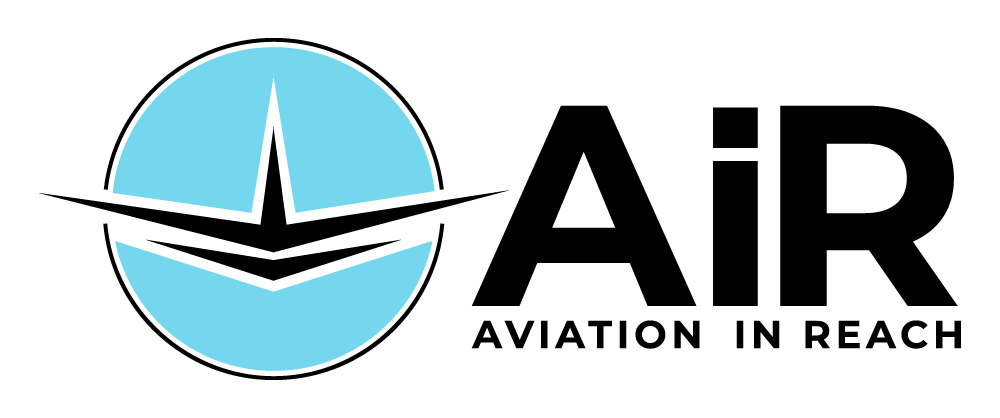Frequently Asked Questions…
I am under 18 but want to work in Aviation - what can I do to learn more?
At present, we are not able to mentor under 18s. However, there are a number of organisations which provide support to young people with an interest in aviation.
Joining the RAF Air Cadets gives you invaluable life skills and allows you to learn more about aviation, get airborne and really enhance your CV. The Air Cadets is open to anyone in year 8 and above, and you can find out more, and even get in touch with your local Squadron here: https://www.raf.mod.uk/aircadets/find-a-squadron/
The Air League provides a number of aviation scholarships for young people, as well as some networking opportunities. More information is available here: https://airleague.co.uk/
I’d like to learn more about Military Aviation - where can I look?
All 3 of the RAF, Army and Navy have aviation professionals working for them, and there can be some incredible opportunities available.
To find out more about careers in the Royal Air Force, visit: https://recruitment.raf.mod.uk/
To find out more about careers in the Fleet Air Arm, the Aviation branch of the Royal Navy, visit: https://www.royalnavy.mod.uk/careers/roles-and-specialisations/services/fleet-air-arm
To find out more about Army aviation, visit: https://jobs.army.mod.uk/
Where can I find more information about Air Traffic Control careers?
Air Traffic Controllers may be recruited and trained by a specific airport or company, although the largest of these is NATS, who provide ATC cover to a large number of UK airports as well as aircraft overflying the UK. The NATS website provides some great information about the role of an Air Traffic Controller, the required skills and the selection process - https://www.nats.aero/careers/trainee-air-traffic-controllers/
I have a disability - is there any way I can fly?
Dependent on your disability, you may or may not be able to fly professionally, as specific medical guidelines are set by the UK Civil Aviation Authority. However, there are charities that may be able to help you fly regardless of your disability.
Flying Scholarships for Disabled People (FSDP) offer scholarships for disabled adults to build new skills & improve confidence. Find out more here - https://www.fsdp.co.uk/
Aerobility offers disabled people, including young people, the opportunity to get airborne. Find out more here - https://www.aerobility.com/
I am interested in another aspect of Aviation - where can I find more information?
Aviation is an incredibly large industry, with possible roles ranging from Cabin Crew to Management to Ground Handling to Security and many, many more. These roles all have different requirements so please look at the Government Careers portal for more information on your chosen role: https://nationalcareers.service.gov.uk/explore-careers
I’m an Aviation professional and want to expand my network, or look into research - where might help me?
The Royal Aeronautical Society (RAeS) is the only professional body dedicated to aviation, aerospace and space communities, and offers professional accreditation, as well as hosting various aerospace conferences annually. Find out more at: https://www.aerosociety.com
Many universities offer aviation degrees and research opportunities, including Cranfield University, who have a large aerospace department.
I want to know more about diversity statistics in UK aviation - where can I find that information?
The UK Civil Aviation Authority publishes regular statistics regarding the spread of UK aviation licence holders by age and gender. You can find these here: https://www.caa.co.uk/data-and-analysis/approved-persons-and-organisations/personnel-licensing-statistics/pilot-licence-holders-by-age-and-sex/
I don’t live or work in the UK - can you help me?
Unfortunately not. We are registered with the UK Charities Commission to support only those in the country, and our volunteer mentors are all UK-based. Take a look at your country’s Aviation Authority website for further information that may help you.
Do I have to be academically qualified to become a Pilot, Loadmaster, ATCO or Engineer?
In the Military, for all of these roles, you will generally require 5 or more GCSEs at grade 5 or better, plus, if you wish to join as an Officer, 2 or more A Levels at grade C or better. You will also need to pass fitness, medical and background checks.
In the Civilian world, if you wish to be a Pilot or ATCO, you will generally require 5 or more GCSEs at grade 5 or above. Some schemes may also require A levels. For aspiring Aerospace engineers, apprenticeships will either require 5 or more GCSEs at grade 5 or better, or will require A levels. These may include a science. Direct entry engineering jobs may expect you to have an engineering degree.

